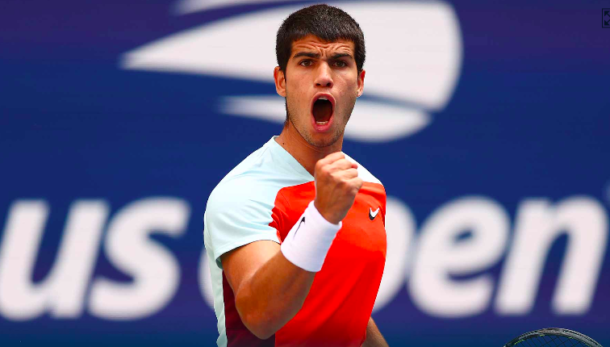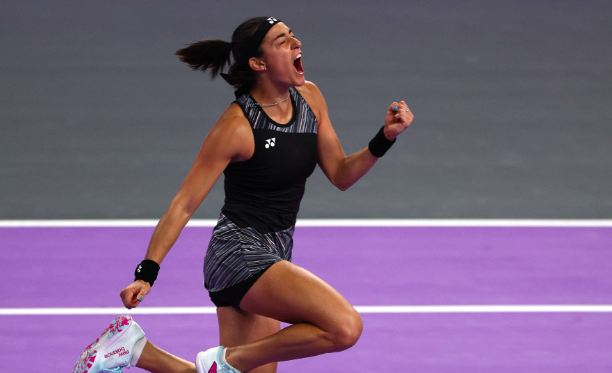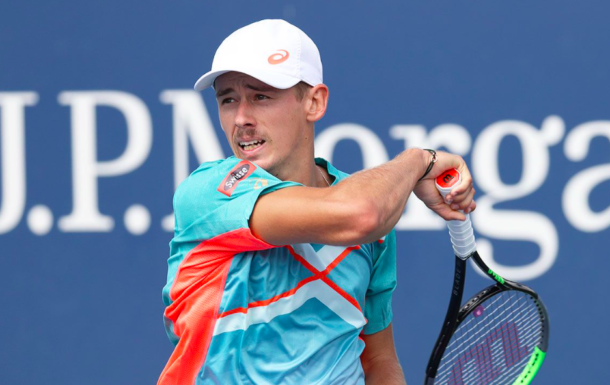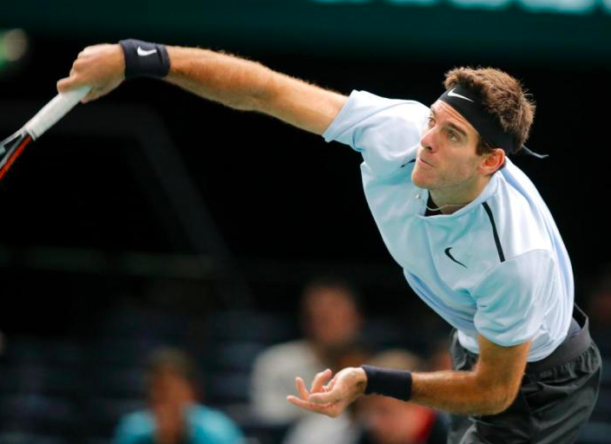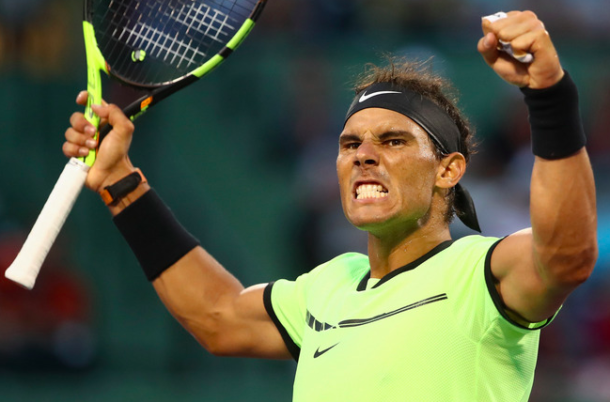Carlos Alcaraz is living his dream…
The 20-year-old Spanish tennis player and world won his first Wimbledon title and second Grand Slam title in less than a year after outlasting seven-time Wimbledon champ Novak Djokovic 1-6, 7-6 (6), 6-1, 3-6, 6-4, ending the 36-year-old Serbian’s quest for the calendar Grand Slam in 2023.
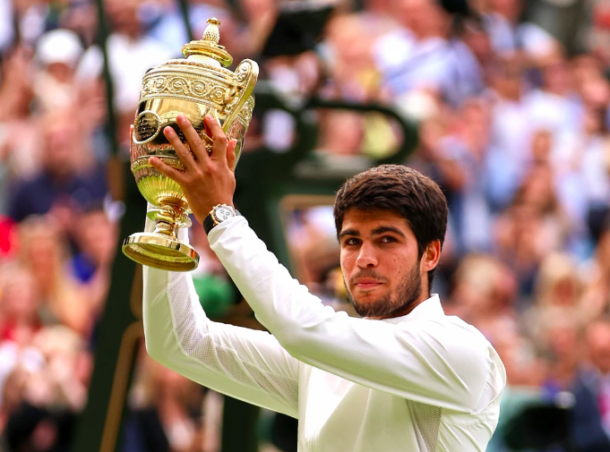 The match lasted four hours and 42 minutes and was the third-longest final in Wimbledon history.
The match lasted four hours and 42 minutes and was the third-longest final in Wimbledon history.
“It’s a dream come true for me,” Alcaraz said on court after the match. “It’s great to win, but even if I would have lost, I would be really proud of myself, making history in this beautiful tournament, playing a final against a legend of our sport. It’s incredible.”
At 20 years, 72 days old, Alcaraz became the third-youngest men’s winner at Wimbledon in the Open era (since 1968).
Playing in only his fourth tournament on grass, Alcaraz has proven to be a quick study on the surface. In two previous appearances at the All England Club, Alcaraz had finished no better than the fourth round. He displayed marked improvement last year, but nothing about his performance signaled he would lift the Gentlemen’s Singles Trophy one year later or have the game — or gumption — to beat one of the all-time great grass-court players on Centre Court.
Before the second set Sunday, Djokovic’s serve had been broken only three times in 103 games this fortnight. Alcaraz did better than that in three sets, storming back from a disastrous opening hour of tennis. Djokovic was clinical in the first set. He dismantled Alcaraz’s forehand and rushed him into errors. Alcaraz won only his final service game that set, but he came alive on every point, as if the game were suddenly coming into focus.
After trading breaks with Djokovic in the second set, he faced him in a tiebreak. At Wimbledon. Down a set. In the final. On Centre Court. And he became the first person to beat the 23-time Grand Slam champ in a tiebreak since Rafael Nadal in the quarters of last year’s French Open. After clinching the 85-minute second set, he lifted his racket to the sky, enticing the Wimbledon crowd to enjoy the moment with him.
“Carlos! Carlos! Carlos!” they chanted in response. If there is a 12th man in football and a sixth man in basketball, the second man at Centre Court helped shift the momentum Alcaraz’s way. He won that set and the next one, but lost focus and the fourth 3-6, which forced a fifth. Then, in a sensational display of grit, endurance and newfound nerves of steel, he broke Djokovic’s serve in the third game and eventually toppled the Wimbledon great.
“I fought until the last ball, every ball,” Alcaraz said in his post-match press conference. “We made great rallies, great points. It was a long match, long sets and it was the mental part that allowed me to stay there during the five sets. To stay good physically and mentally for five hours against a legend, making history like I did today, it’s the happiest moment of my life. I don’t think that’s going to change for a long time.”
Alcaraz said many times this fortnight that he believed he could beat Djokovic in the final. But there’s a vast divide between believing and doing. What Alcaraz accomplished Sunday — in a changing-of-the-guard moment that’s being compared to Roger Federer’s 2001 upset of Pete Sampras here in the fourth round — is difficult to overstate. Djokovic hadn’t lost a match here since 2017. He is a seven-time Wimbledon champion and already won the first two majors of this year.
“For someone of his age to handle the nerves, be playing attacking tennis, and to close out the match the way he did, he came up with some amazing shots,” Djokovic said in his post-match press conference. “I must say, the slices, the chipping returns, the net play, it’s very impressive. I didn’t expect him to play so well this year on grass, but he’s proven that he’s the best player in the world, no doubt. He’s playing some fantastic tennis on different surfaces, and he deserves to be where he is.”
Djokovic was also on track to add a rare accomplishment: a calendar Grand Slam. That a player with 17 games of grass-court experience ended his hope of holding all four major titles within the same calendar year is remarkable. That Alcaraz simply outplayed Djokovic on the court where he built his dynasty is legend-making. With his win, Alcaraz becomes the second-youngest player to beat Djokovic in a major. The youngest? Alcaraz’s compatriot, Nadal, in the 2006 French Open quarterfinals.
Last month, after suffering a disappointing loss to Djokovic in the Roland Garros semifinal, Alcaraz opted to play a grass-court warmup tournament at London’s Queen’s Club. He looked uncomfortable and uncertain in the first round as he deciphered how to translate his game to grass. But with each match, he improved his footwork and moved with more confidence out of the corners. He said he’d been watching video of eight-time Wimbledon champion Federer, the player to whom he’s most compared, and former world No. 1 Andy Murray. He said he considers them to be the best movers on grass and wanted to emulate their style.
He won that Queen’s Club tournament and reclaimed the No. 1 ranking he’d relinquished to Djokovic after the French. More important than the ranking, though, was the belief he gained with that title.
But he had no easy route. Over seven matches, Alcaraz toppled three top-25 players, as well as the No. 2 and 3 players in the world, to take the title. After his win against Daniil Medvedev, he said he’d played one of his best matches not only on grass, but on any surface, and called his execution “amazing.” Then he graded himself an “eight out of 10.” Sunday, he raised that score.
“Before this match, I thought, ‘I can’t beat Novak.’ But after this epic match, I’ll think different about Novak. In other Grand Slams, I will remember this moment,” Alcaraz said.

